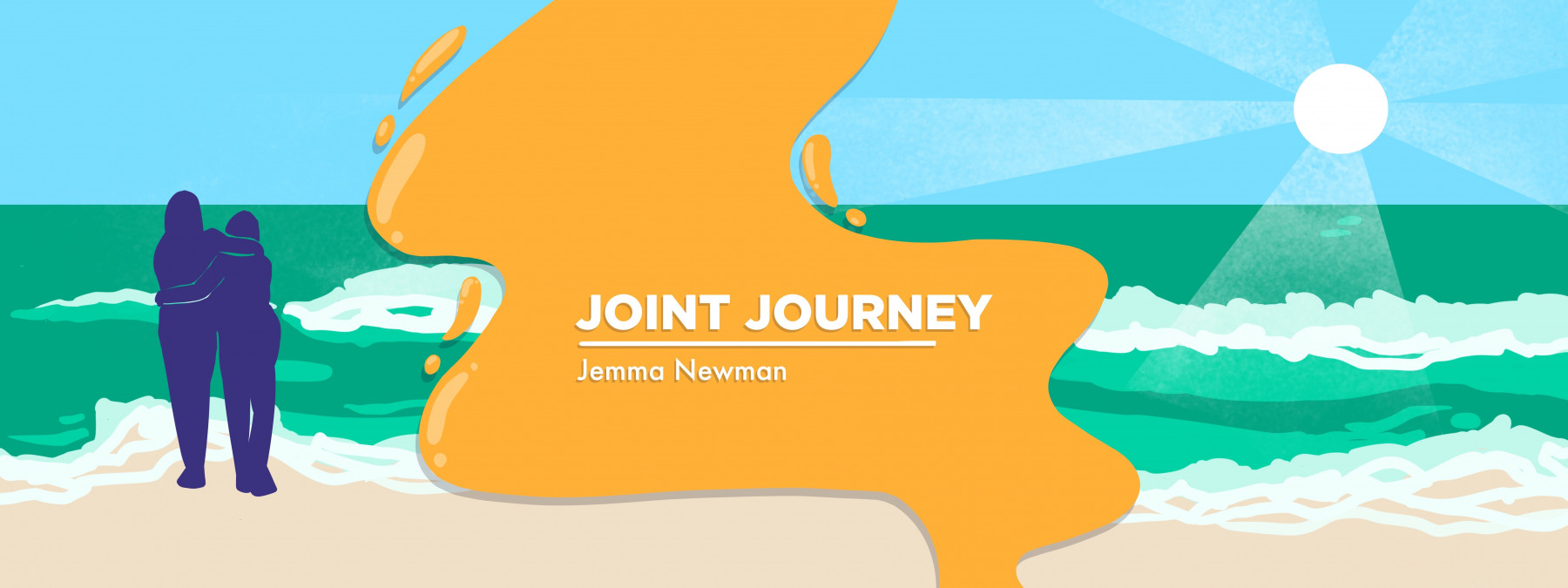‘The Mandalorian’ Reminds Me of the Importance of Friends
How connecting with friends can benefit those with chronic illnesses
Written by |

Lately, one of my favorite shows has been “The Mandalorian,” a Disney+ original spinoff series from the epic “Star Wars” chronicles. Every time I watch an episode, it makes me think about the importance of friends when you are facing challenges, such as a chronic disease.
The hero of “The Mandalorian,” Din Djarin, is an armor-clad lone ranger who stoically but endearingly fights his way across the star system to rescue a Yoda-type child called Grogu from the clutches of the evil Empire.
Despite Din Djarin’s incredible strength and capability, he doesn’t accomplish great things alone. Throughout the series, he relies frequently on the unique skills of various friends to escape danger and thwart enemies.
Since I was diagnosed with ankylosing spondylitis (AS), I’ve been a pretty poor friend at times. I’ve canceled planned events, taken weeks to return messages, and avoided conversations because I was too upset or overwhelmed to answer the simple question, “How are you?” Often, I didn’t have anything positive to share, and I didn’t want to be the kind of person who is always complaining.
I feel ashamed that I haven’t been a reliable or particularly happy friend in the last few years. I’ve also come to realize just how important true friendship is when you have a chronic disease. I’m lucky enough to have several amazing friends who have stuck with me through the tough times. We may not speak often, but they embrace me for who I am, even though I’ve changed since we met.
A good friend doesn’t need you to be perfect
I was shown what true friendship is recently when I had a mini meltdown. It was the end of a long school holiday, and I was on my way to a friend’s house for our kids to have a play date. My patience was wearing thin because it was sweat-drippingly hot (in Western Australia, summer is like standing in front of a hair dryer set on full blast), and I was in constant pain because I was still getting over an AS flare.
As our four children screamed in full-volume delight while whooshing down an inflatable waterslide in her backyard, I could scarcely suppress my crankiness. I couldn’t seem to smile, and I was having a hard time answering her cheerful questions.
My friend must have seen the pain and exhaustion on my face, because she whipped up a lunch of salmon and avocado so that I could take my anti-inflammatory medication with food.
After lunch and a few minutes of blissful peace, I gave her a big hug and apologized.
“I’m so sorry I’m in such a bad mood today,” I said. “Thank you for being such a great friend. I wish I was more fun.”
She hugged me back and explained that’s exactly what friends are for. She reassured me that I’m human, and I’m allowed to have feelings and be vulnerable. Real friends understand real life, and they don’t need their friends to put on a pretend show of happiness.
I instantly felt relief flood through my body. I felt lighter and happier. I felt such a strong sense of connection to my wonderful friend, who accepted and liked the real, imperfect me.
My friend recommended that I look up Brené Brown, the American research professor and author renowned for her insights into courage, shame, and empathy. Googling Brown, I watched her famous TEDx talk called “The Power of Vulnerability,” in which she explains that, “In order for connection to happen, we need to allow ourselves to be seen — really seen.”
In other words, if we can have the courage to be vulnerable and not hide our true selves, our friendships can grow stronger for it.
A good friend doesn’t need to be a hero
I don’t need my friends to fight battles or save the day, like many of the characters in “The Mandalorian.” What helps more is having people I can trust, people I can be myself around without feeling ashamed or unworthy. Friends like this inspire me in small and big ways, and remind me that human connection is one of the most important parts of life.
We all have our individual struggles, whether you’re battling a chronic health condition like ankylosing spondylitis or not. We all have our vulnerabilities. If we can find, and be, an empathetic and imperfect friend, our lives will be infinitely better for having that true, heartfelt connection.
Note: Ankylosing Spondylitis News is strictly a news and information website about the disease. It does not provide medical advice, diagnosis, or treatment. This content is not intended to be a substitute for professional medical advice, diagnosis, or treatment. Always seek the advice of your physician or other qualified health provider with any questions you may have regarding a medical condition. Never disregard professional medical advice or delay in seeking it because of something you have read on this website. The opinions expressed in this column are not those of Ankylosing Spondylitis News or its parent company, Bionews, and are intended to spark discussion about issues pertaining to ankylosing spondylitis.







Leave a comment
Fill in the required fields to post. Your email address will not be published.